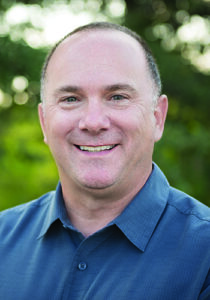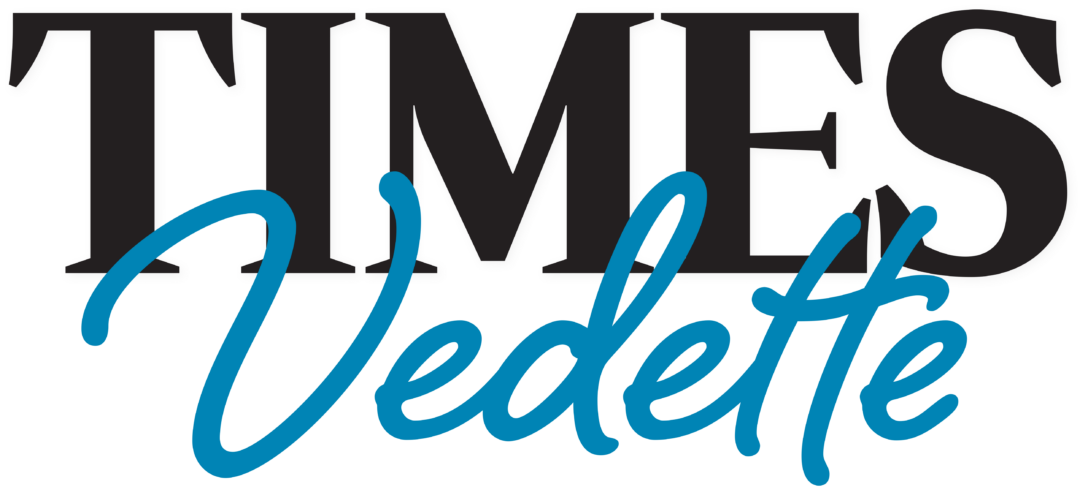Doing the dishes

Doing the dishes was a nightly task in my childhood home and one that my siblings and I argued over each evening. Who would clear the table? Who would wash the dishes? Rinse them? Dry them? Put them away?
I was the youngest of four, so I likely was cut some slack. Still, I was eager to be like “the big kids” and help out. And my siblings were eager to have me help — until I dropped a plate or two, and Mom would not-so-nicely blame it on them.
Mom would often say she didn’t need one of those newfangled dishwashers. She had four of them, and we were better than any Maytag. We were faster. The dishes were cleaner. And we used less water and electricity.
Mom was the inspector. If any food residue was still on the dishes, they went back through the cycle — and none of us wanted to be blamed for that. So we scrubbed, and we rinsed, and we dried, and we put away. And we repeated the process as necessary.
Doing dishes with Dad was easier. We would wash the dishes and then set them on the counter on a drying rack. “We will let Jesus dry those,” he would say each time with a laugh.
We learned not to search for utensils aggressively in the soapy water, as we could discover a sharp knife. We all learned that one the hard way.
Looking back, I am glad we did the dishes by hand. We learned to actually talk to each other, not only sorting out tasks but actually having discussions. We learned how to work together quickly, efficiently and in an orderly manner. We would listen to the radio sometimes, but we would usually just talk. There was a lot of joking around, laughing and storytelling. It was mostly silly stuff, as I recall, but it was important then.
Jolene and I had a similar process with our kids at home, filling the dishwasher after each meal. The dreaded task was clearing the dishwasher, especially when learning it was full of clean dishes when you were ready to load the dirty ones in. When all three of our kids were home, the dishwasher seemed to run daily. It was a different process for a different era, but it just wasn’t the same as leaning over the sink, shoulder to shoulder, trading out wet towels. I am reminded of this process during the holidays when we hand-wash the “fancy” dishes — and I actually look forward to it.
Have a terrific Tuesday, and thanks for reading.
Shane Goodman
Editor and Publisher
Times Vedette digital editions
shane@gctimesnews.com
641-755-2115
